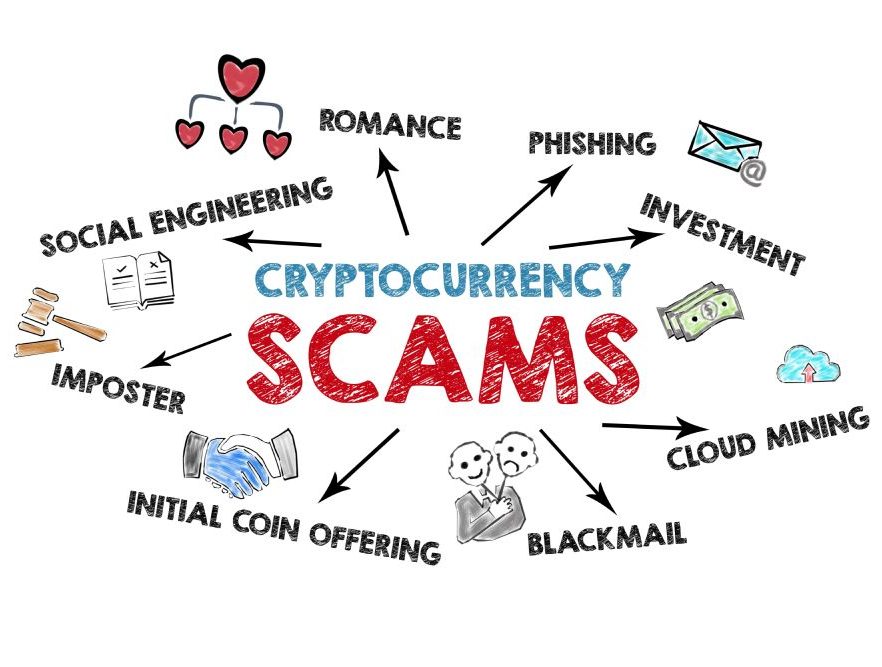Dogecoin Scam
Monero is a cryptocurrency that claims to offer privacy and anonymity for its users and transactions. However, some people have been scammed using Monero by hackers, fraudsters, or malicious websites. Here are some common ways that people can lose their Monero and how to avoid them:
This is when someone pretends to be a legitimate entity, such as an exchange, a wallet provider, or a customer service agent, and asks for your Monero address, password, seed phrase, or private keys. They may send you an email, a message, or a link that looks authentic but leads to a fake website or application. For example, you may receive an email from a fake Monero team that asks you to update your wallet or verify your account by clicking on a link that takes you to a phishing site. Never give out your sensitive information to anyone online and always verify the source of any communication.
This is when someone installs malicious software on your device that can steal your Monero or alter your transactions. They may trick you into downloading the malware by disguising it as a legitimate program, such as a wallet update, a game, or a utility tool. For example, you may download a fake Monero wallet that secretly sends your funds to the hacker’s address or modifies your transactions to change the recipient or the amount. Always use antivirus software and scan your device regularly. Only download programs from trusted sources and check their digital signatures.
This is when someone creates a fake wallet application or website that looks like a real one but is designed to steal your Monero or send it to the wrong address. They may advertise the fake wallet on social media, forums, or search engines. For example, you may find a wallet that claims to support Monero but actually converts your funds to another cryptocurrency or sends them to a random address. Always do your research before choosing a wallet and make sure it is compatible with Monero. Check the reviews and ratings of the wallet and download it from the official website or app store.
This is when someone runs an exchange, a mining pool, or a service that accepts Monero deposits but suddenly shuts down and disappears with your funds. They may lure you in with low fees, high returns, or attractive features. For example, you may join a mining pool that promises to pay you in Monero but never does or an exchange that freezes your account and blocks your withdrawals. Always be wary of offers that sound too good to be true and do not invest more than you can afford to lose. Check the reputation and history of the platform and withdraw your funds regularly.

Contact BrokerComplaintRegistry (BCR) if you have been scammed by broker.and are going to fight in order to recover your funds

